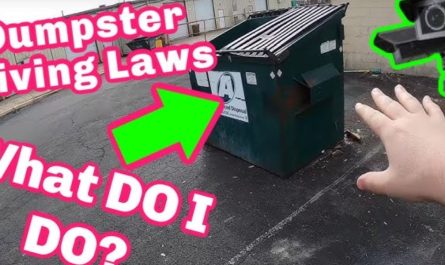Nevada’s stand your ground law allows individuals to defend themselves without a legal duty to retreat if they are lawfully present and face an imminent threat. Under this law, residents may use force, including deadly force, in self-defense when certain legal conditions are met.
The core principle of Nevada’s law is that if you are in a place where you have a legal right to be, you are not required to flee or avoid confrontation before defending yourself. This protection extends to both defending oneself and defending others, but it applies only when there is a clear and immediate threat of death or serious bodily harm.
For deadly force to be legally justified, several factors must align. The individual using force must reasonably believe there is an immediate threat, must not be the initial aggressor, must not be engaged in illegal activity at the time, and must be in a lawful location. The threat must be urgent and specific, not hypothetical or distant. A claim of self-defense must also meet the standard of reasonable fear—meaning that a typical person in the same situation would have felt similarly threatened.
Importantly, the force used must be proportionate to the threat. If a person uses significantly more force than necessary, especially deadly force in response to a minor threat, their self-defense claim could be invalidated. Additionally, the law does not support the use of force motivated by revenge or retaliation.
Nevada also observes the Castle Doctrine, which gives added protection when someone is defending themselves inside their home, vehicle, or another occupied space. Under the Castle Doctrine, an individual may use deadly force against an intruder if they reasonably believe the person intends to commit a violent crime, even if the threat is not immediately directed at them.
However, there are limits. The law is stricter when it comes to defending property. Deadly force is generally not justified to protect property alone without a personal threat to safety. Courts also handle each self-defense case individually, examining the facts to determine whether the use of force was both reasonable and lawful.
While Nevada’s stand your ground law provides broad protections, it is not a free pass to use force in any confrontation. The legal system will carefully review the context and actions of all parties involved to ensure the law was properly applied.




